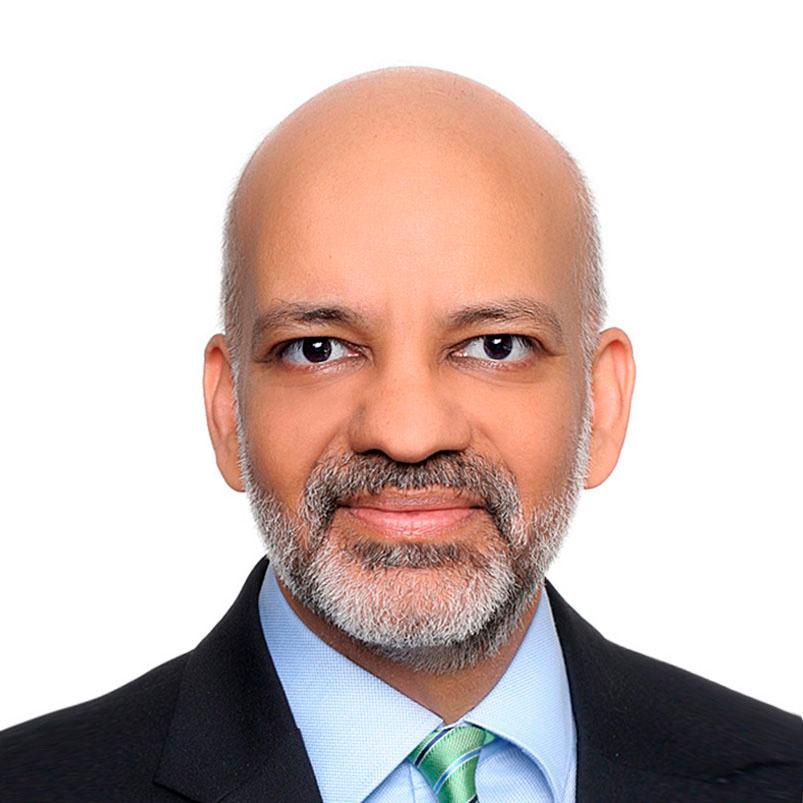PETALING JAYA: The World Bank has slashed Malaysia’s GDP growth estimates for 2021 to 3.3% from a previous estimate of 4.5% made in June, citing a disproportionate recovery of employment and income among the poor and vulnerable.
“While external demand may provide tailwinds for growth, ongoing movement restrictions are expected to weigh down on the economy,” the World Bank’s East Asia and Pacific Fall 2021 Economic Update said.
In regard to the 4.5-5.5% GDP growth projection outlined in the 12th Malaysia Plan (12MP), World Bank Group lead economist Apurva Sanghi (pix) remarked that such prediction is made more difficult due to the simultaneously shrinking supply and demand situation which has affected all economies across the globe.
Projection accuracy notwithstanding, he outlined that what is more important in these predictions are the underlying trend.
“For our forecast horizon for the time being, there is a downtrend in 2021 going to 2022 and hopefully the economy will continue growing after 2022.
“The downward revision for 2021 reflects the hard truth that the pandemic has been in charge for the most part of the year, leading to a more severe movement restriction and cautionary behaviour since June,” Apurva told the media during World Bank’s Malaysia economic briefing today.
Nonetheless, he noted that there has been some silver linings for Malaysia. The lead economist pointed out that digitalisation has taken off in a major way in Malaysia, signaling that the environment has been quite supportive to the export sector.
Another encouraging development for the country is its higher vaccination rate which would enable a further reopening of the economy. Collectively, these two factors serve as the basis for higher growth in 2022 and 2023.
In regard to the largest ever development expenditure of RM400 billion which accompanies the 12MP, Apurva highlighted the need to separate the short term from the medium to long term requirements.
“In the short term, it is clear that fiscal support is still needed to relieve and recover from the negative output gap and support vulnerable populations. Malaysia does need to continue to spend on these issues but at some point the country will emerge from this crisis with higher debt and a tighter fiscal space.”
Hence, he pointed out there is a real need to anchor the medium term fiscal strategy to a clear adjustment path.
The lead economist stated that the World Bank’s previous analysis found Malaysia undercollects its revenue on personal income tax, corporate tax and consumption tax.
Therefore, improving the tax collection framework, revisiting the tax expenditure system and exploring other forms of taxation including improving the tax administration will help mobilise revenues and resources for the development plan.
In addition, he found that there are also some savings to be made on the revenue side by rationalising expenditures, reducing leakages and improving spending efficiency.
“The bottom line is to focus on revenue and expenditures to raise resources as much as possible and to spend efficiently.”













